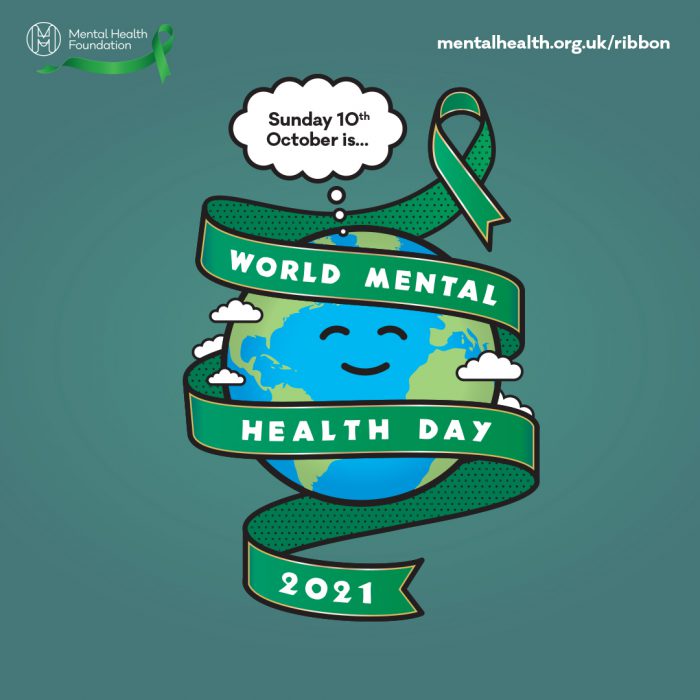
October 10th is World Mental Health Day, and people all over the world can suffer mental illness at some stage of their life. The Covid-19 pandemic certainly has not helped the situation and the incidence of mental health issues has increased over the past 18 months, due to the pressures that the virus has brought. Certain groups of people, including health and other frontline workers, students, people living alone, those under financial pressure and those with pre-existing mental health conditions, have been particularly affected. Services for mental, neurological and substance use disorders have been significantly disrupted.

In autumn and winter from around September through to February (or even spring and early summer), it’s the time for those horrible sniffles, chills and colds. None of these are particularly dangerous to your health and you will feel ‘rotten’ for a few days – but it’s not Covid.

Migraines, as sufferers know, is a debilitating illness that can cause regular ‘wipe out’ for those that have it really badly and find the only way to get any slight relief is to try to sleep, in the darkness for several hours. It is very debilitating, so much so that it has been declared to be a ‘debilitating illness’ by the NHS, which affects those between the age of 15 and 59 as a general rule. 10 million people are affected, so the Office of National Statistics reports.

Around a third of a million people in the UK suffer from blood pressure problems. So, you think we have had a pandemic – at least the worry is obvious, but abnormalities in your blood pressure are not. In the US, the situation is even worse, with dietary and glucose control compounding the problem.